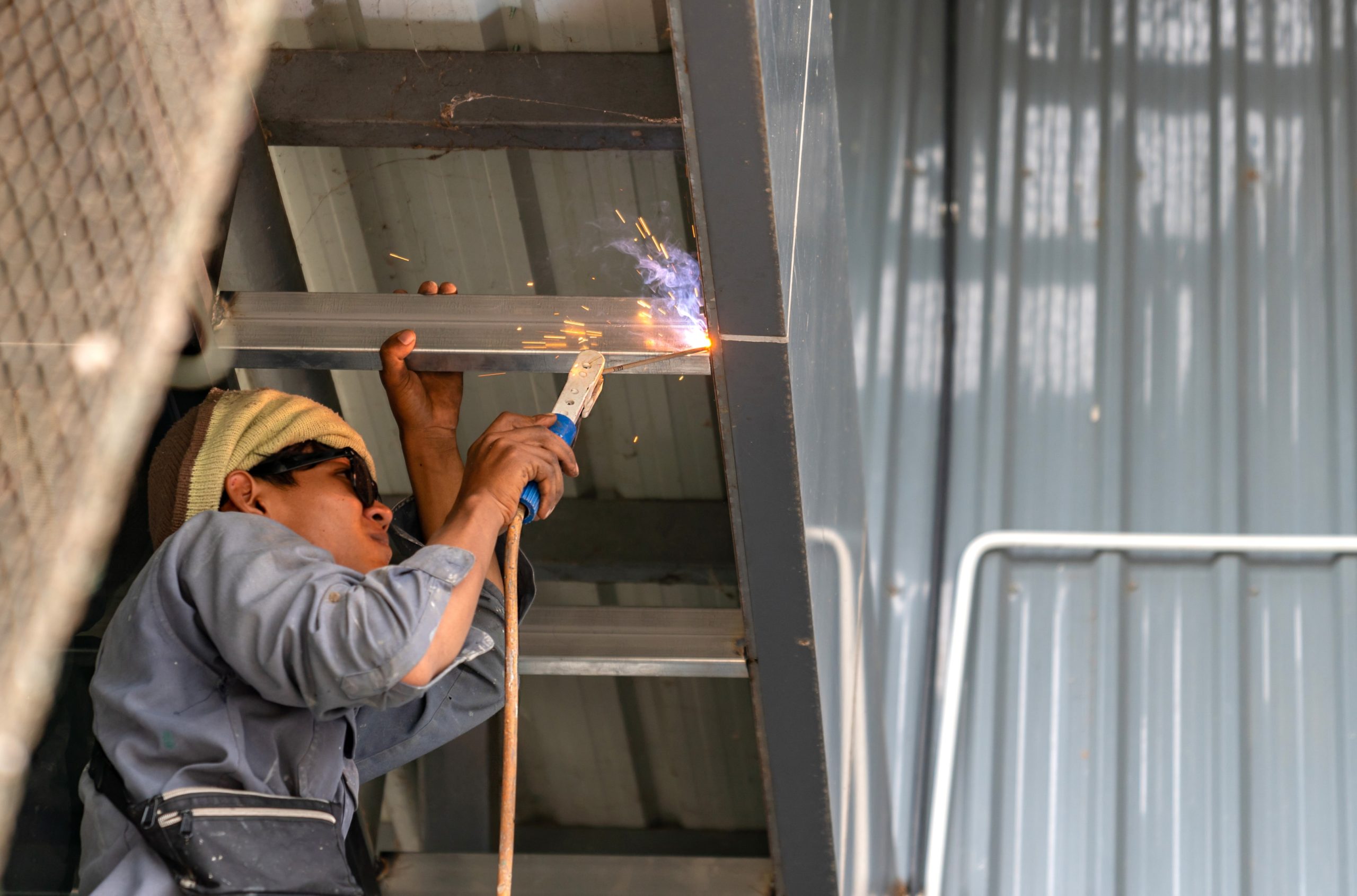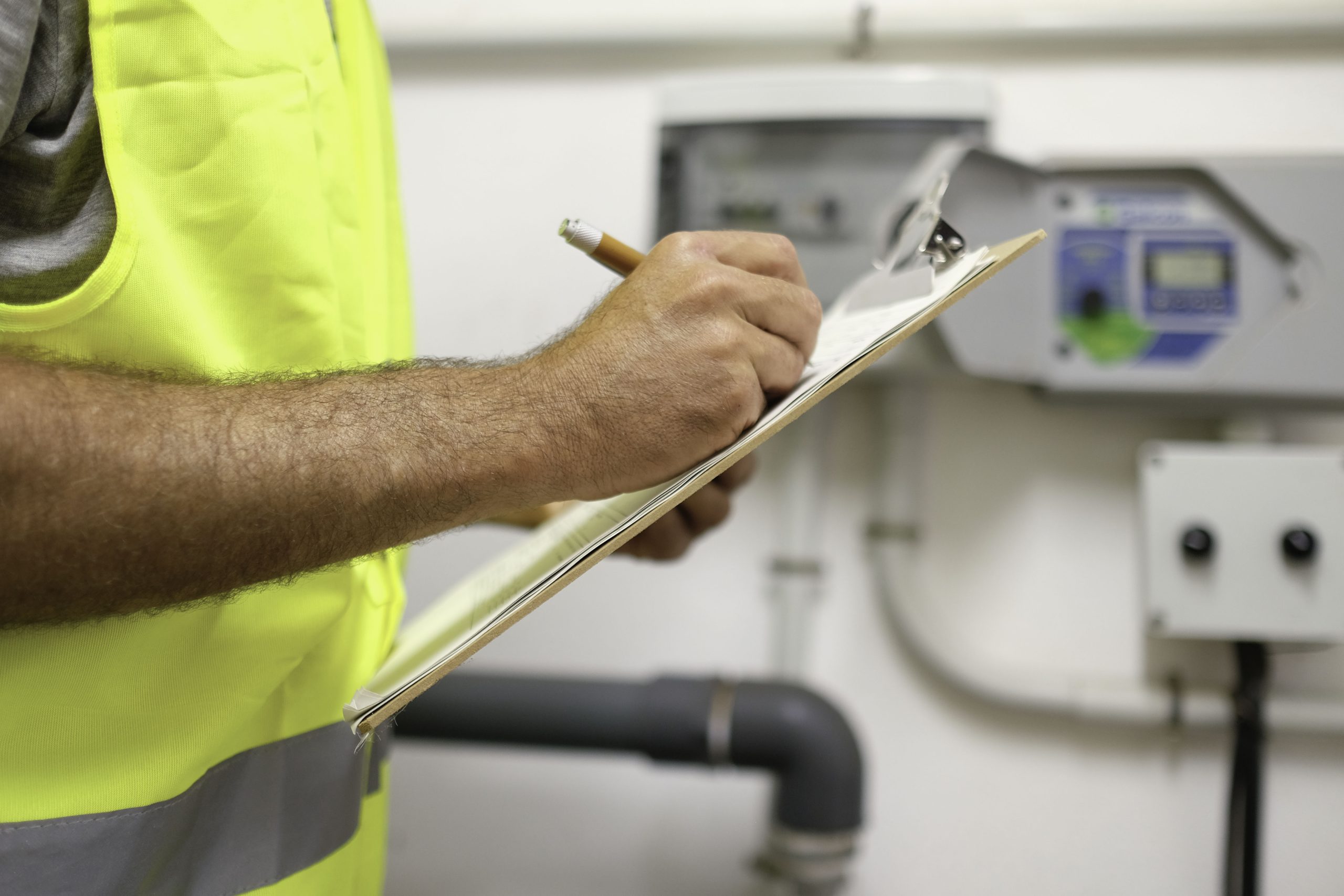Efficient HVAC systems are crucial for creating comfortable and productive work environments. When heating, ventilation, and air conditioning systems run smoothly, they reduce energy consumption and lower costs. More importantly, they contribute to a healthier and more comfortable workplace, which can lead to increased employee productivity and satisfaction.
Poorly maintained HVAC systems can cause temperature fluctuations, poor air quality, and even equipment breakdowns. These issues not only disrupt daily operations but also lead to higher energy bills and expensive repairs. For those new to facility management, understanding the connection between HVAC efficiency and workplace productivity is essential for maintaining smooth operations and keeping costs under control.
Optimizing HVAC systems involves regular maintenance and timely upgrades. Simple steps like changing filters and scheduling routine inspections can make a significant difference. By investing in efficient HVAC systems, you can create a better work environment, save on energy costs, and improve overall business performance.
Understanding HVAC Efficiency and Its Importance
HVAC efficiency refers to how well a heating, ventilation, and air conditioning system converts energy into heating or cooling for a space. An efficient HVAC system uses less energy to maintain comfortable temperatures, which reduces utility bills and emissions. High-efficiency systems often come with advanced features like programmable thermostats, variable-speed motors, and zoned climate control, which help optimize performance.
The importance of HVAC efficiency cannot be overstated. Inefficient systems can lead to significant energy waste and higher operational costs. For businesses, these extra costs can cut into profits and reduce overall financial performance. Inefficient HVAC systems can also strain power resources, leading to frequent downtime that disrupts daily operations. This can be particularly problematic for industries that rely on maintaining specific environmental conditions, like data centers and medical facilities.
Efficient HVAC systems not only save money but also contribute to better indoor air quality. Clean air filters and balanced humidity levels can reduce the presence of allergens and pollutants, making the workplace healthier for everyone. This is important for employee well-being and can even reduce the number of sick days. Overall, investing in HVAC efficiency is a smart choice for operational reliability and employee health.
How HVAC Efficiency Impacts Productivity
The efficiency of your HVAC system has a direct impact on workplace productivity. Comfortable temperatures and good air quality are essential for maintaining high levels of concentration and morale among employees. Studies have shown that extreme temperatures, whether too hot or too cold, can reduce cognitive function and lower productivity.
When an HVAC system is running inefficiently, it can create an inconsistent indoor environment with fluctuating temperatures and poor air circulation. This inconsistency makes it difficult for employees to stay focused, leading to more breaks and less effective work. Furthermore, poor air quality can cause headaches, fatigue, and respiratory issues, which can lead to increased sick days and lower overall productivity.
A well-maintained, efficient HVAC system ensures stable indoor conditions, which help employees stay focused and comfortable. This leads to fewer distractions, less downtime, and higher output. For businesses, this translates to better performance and increased profitability.
Finally, efficient HVAC systems operate more quietly than their inefficient counterparts. Noise can be a big distraction in the workplace, leading to decreased concentration and productivity. By maintaining an efficient system, you can create a quieter, more conducive work environment. Overall, investing in HVAC efficiency is an investment in your employees’ productivity and your company’s success.
The Financial Benefits of an Efficient HVAC System
An efficient HVAC system offers multiple financial benefits. The most immediate advantage is reduced energy consumption. High-efficiency systems use less electricity or gas to heat and cool spaces, which can significantly lower utility bills. Over time, these savings can amount to substantial cost reductions, freeing up funds for other operational needs.
Energy savings aren’t the only financial benefit. Efficient systems often have longer lifespans, reducing the frequency and cost of replacements. Properly maintained systems require fewer repairs, leading to lower maintenance costs. These savings add up, providing a strong return on investment for businesses.
Moreover, efficient HVAC systems can improve property value. Buildings with advanced, energy-efficient systems are more attractive to buyers and tenants, potentially increasing resale or rental value. In some regions, businesses can also benefit from tax incentives or rebates for installing energy-efficient systems, providing additional financial gain.
Investing in an efficient HVAC system is a smart financial decision. It not only reduces ongoing operational costs but also enhances property value and offers potential tax benefits. These advantages make it clear that efficiency is not just good for the environment but also beneficial for the bottom line.
Steps to Improve HVAC Efficiency in Your Facility
Improving HVAC efficiency in your facility doesn’t have to be complicated. Here are some actionable steps to help you get started:
- Regular Maintenance: Schedule regular inspections to identify and address potential issues before they become major problems. This includes checking for leaks, cleaning coils, and ensuring all components are in good working order.
- Filter Replacement: Replace air filters regularly to ensure optimal airflow and air quality. Clogged filters make the system work harder, reducing efficiency and increasing energy consumption.
- Upgrade to Programmable Thermostats: Programmable or smart thermostats can adjust temperatures automatically based on occupancy or time of day, reducing energy waste.
- Seal Ducts and Insulate: Ensure ducts are sealed properly and add insulation where needed. Leaky ducts can waste a lot of energy, making the system less efficient.
- Use Energy-Efficient Equipment: Invest in high-efficiency HVAC units and components. Look for systems with high SEER (Seasonal Energy Efficiency Ratio) ratings.
- Optimize Ventilation: Use energy recovery ventilators to improve indoor air quality without significantly increasing energy use. Proper ventilation also helps reduce the burden on the HVAC system.
Conclusion
Efficient HVAC systems are crucial for maintaining a comfortable and productive workplace. They offer numerous benefits, such as reduced energy consumption, lower operational costs, and extended equipment lifespan. Efficient systems can also improve indoor air quality, which can enhance employee health and productivity. These financial and productivity benefits make investing in HVAC efficiency a wise choice for any facility.
Routine maintenance and timely upgrades are key to achieving HVAC efficiency. Simple actions like regular inspections, timely filter replacements, and using programmable thermostats can make a significant difference. Upgrading to energy-efficient equipment and ensuring proper ventilation can further optimize system performance.
For those looking to enhance their HVAC efficiency, Trillium offers comprehensive HVAC facility maintenance services. Our software and mobile app make scheduling and managing your maintenance tasks simple. Discover how we can help you improve HVAC efficiency and create a more productive work environment. Contact us today to learn more.









